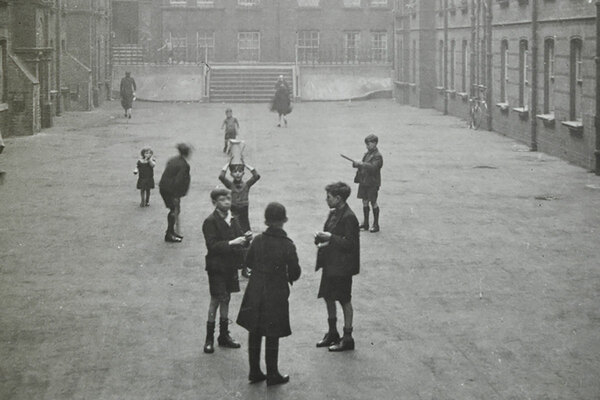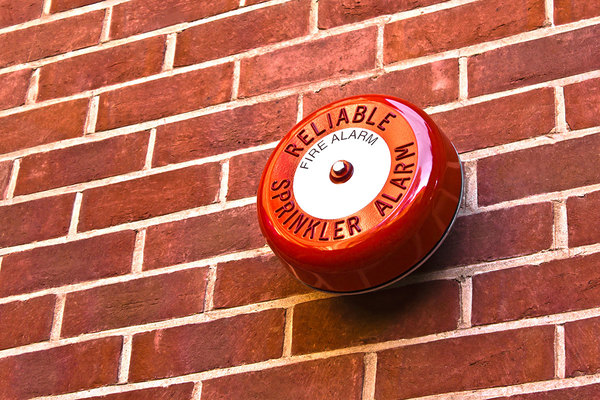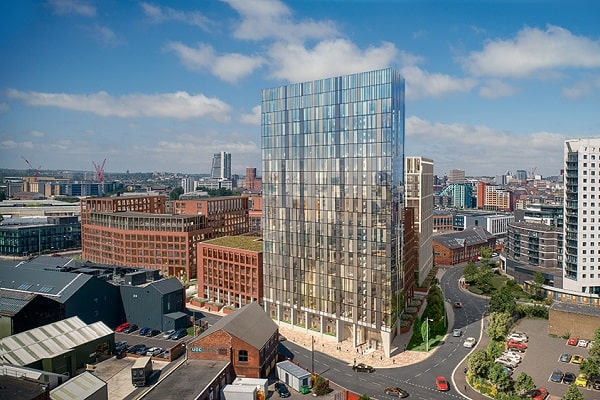You are viewing 1 of your 1 free articles
Why the Guinness Partnership is still needed as much as ever after 130 years
Founded by a philanthropist in 1890 to help poor people, the Guinness Trust now manages 65,000 homes. It still exists because it is still needed, says Catriona Simons
Last month marked the 130th anniversary of the founding of the Guinness Trust (now The Guinness Partnership). It’s a big milestone and a natural moment to reflect on our past, our purpose today and housing in England.
Would Sir Edward Guinness, owner of the Guinness Brewery and founder of the Guinness Trust, be pleased or disheartened that his creation was still going strong 130 years later?
The original objective of the trust, established in an era that predates council housing, was the prevention or relief of poverty and need, primarily through the provision of social housing, amenities and services.
Rents were set low to ensure the ‘very poor’ could afford the homes.
That objective is as relevant now as it was then. Fewer people live in abject destitution than did in Victorian England, but sadly some still do.
Many working families continue to need help with housing costs, the more so as private rents and house prices grow out of kilter with wages. Some households need support with the most basic things, including food and hygiene products. Homelessness remains a large, intractable and serious social challenge.
So, first and foremost, the Guinness Partnership still exists because it is still needed.
With this need in mind, of the 6,000 new homes Guinness will build by 2024/25, largely through our strategic partnerships with Homes England and the Greater London Authority, as many as possible will be for social rent or other affordable tenures.
Some of the very earliest Guinness estates still provide high quality, attractive, affordable homes for people today, in buildings that contribute to the urban landscape as well as ever, in places such as Snowsfields in Bermondsey, Fulham Palace Road in Hammersmith and Draycott Avenue in Chelsea.
Architectural design is part of that, but so too is ongoing investment in individual homes, the fabric of our buildings, and the outside spaces our residents share.
These things enable people to feel pride in where they live, rather than potentially be stigmatised by it.
Whilst those older traditional London buildings symbolise Guinness for many people, our portfolio now extends across much of the country – and spans almost every decade of the past 130 years.
“Build quality and good, modern design, producing excellent, liveable spaces and environments for people for the long term, are still at the forefront of our thinking”
Every one of our properties is someone’s home and a place in which we want them to be proud to live.
Whether our new affordable homes will last more than 130 years, we can’t know. But build quality and good, modern design, producing excellent, liveable spaces and environments for people for the long term, are still at the forefront of our thinking.
Guinness has always taken that people-centred approach, focused on social purpose and supporting individuals and communities.
For some of our residents, we represent an invaluable personal interaction.
So even as Guinness is satisfying many residents’ expectations of modern, digital services, we’ve invested strongly in our customer liaison service, getting more housing managers out onto estates, talking to residents, and trying to uncover and manage issues before they become real problems. Advocating for them.
For us, that human touch is one of the key things that defines housing associations.
That is why the current national conversation about trust and service quality is so important. This is not just about building safety and learning the lessons of the quality problems we are all currently wrestling with, crucial though that is.
It is also, fundamentally, about getting repairs services right, treating residents with respect, admitting when things have gone wrong and responding quickly and effectively to put them right.
If we are serious about fighting the stigma some residents feel, keeping our own house in order is a good place to start. We are proud of our heritage, but what we judge ourselves on is how we perform today.
“Sir Edward Guinness would surely be astonished to see the trust he founded in 1890 now managing 65,000 homes and serving more than 140,000 residents nationwide. He might be saddened to know that it was still needed as much as ever”
We have managed our way through world wars, major financial crashes, periods of austerity, periods of plenty, and rollercoaster housing policies.
Adaptability to social, economic and political change is key to long term success. But so too is adherence to our core values and sense of purpose and conviction – the things that make us Guinness.
Sir Edward Guinness would surely be astonished to see the trust he founded in 1890 now managing 65,000 homes and serving more than 140,000 residents nationwide. He might be saddened to know that it was still needed as much as ever.
But I hope he would also be delighted to see Guinness buildings that have stood the test of time and the people-centred values he championed still helping to drive the organisation of today.
Catriona Simons, chief executive, Guinness Partnership












